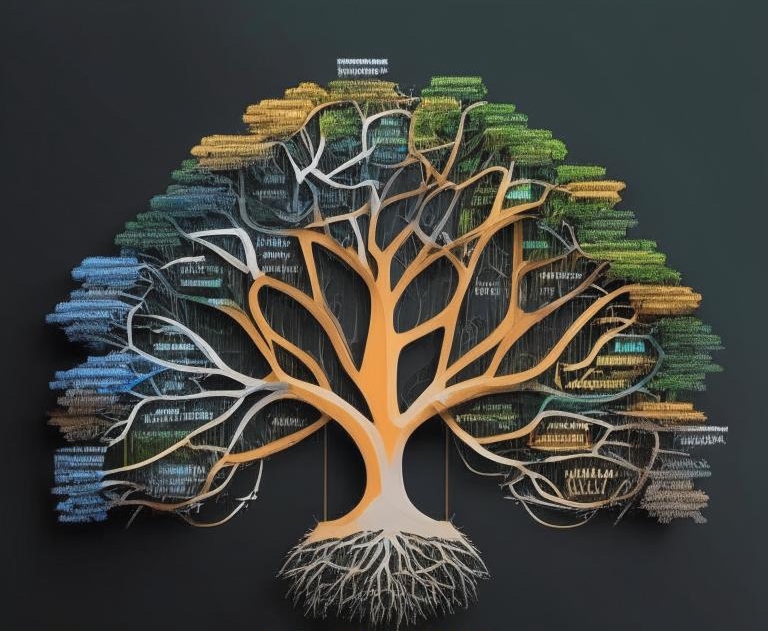Paradigms
by Oleg Sovetnik
A project consists of meaning and its implementation in a programming language. The development of any project begins with the process of understanding — modeling the domain so that it can then be expressed as code that is understandable to the machine.
To address the task of expressing meaning in code, we have an extensive body of literature that answers the question of how to write programs and offers various ways to organize knowledge. These approaches are called programming paradigms.
Programming Paradigms
The imperative paradigm teaches us to manage the program’s state through sequential instructions. The procedural paradigm allows us to structure code by grouping commands into subprograms. The object-oriented paradigm organizes code around objects that combine data and methods, while the functional paradigm focuses on the calculation of function values. The aspect-oriented paradigm highlights cross-cutting concerns, improving code modularity and maintainability.
Programming paradigms provide powerful tools to answer the question of how to write and organize code. They help bring order to the code and manage its complexity, ensuring clarity and efficiency in development. However, despite the variety of paradigms and their focus on the organization and writing of code, they primarily focus on the how, paying minimal attention to the what and the process of understanding the domain. This aspect remains on the sidelines, despite its importance for creating models that adequately reflect the real world and its laws.
Developers are often forced to fit complex problems into simplified conceptual frameworks, which can sometimes lead to suboptimal or even flawed solutions. Nevertheless, successful software development requires more than just good code organization. It begins with a deep understanding of the domain, with the process of learning and modeling its essence to create code that truly solves the given problems. Programming paradigms must be supplemented with methods and approaches that help programmers understand what they are modeling and why.
Thus, the most important task of a developer is not just to master various paradigms but to integrate them with the process of understanding the domain. This will allow the creation of software products that are not only technically refined but also deeply aligned with the real world for which they are intended.
programming paradigm
Dive deeper
-
Procedural
Procedural programming is a subset of imperative programming, focusing on organizing code into more structured and manageable blocks—procedures or functions.
-
Paradigms
Programming paradigms provide powerful tools to answer the question of how to write and organize code from a syntactic point of view, while paying minimal attention to semantics and the process of understanding the domain.
-
Aspect-Oriented
The aspect-oriented programming (AOP) paradigm provides tools for isolating cross-cutting concerns into separate modules called aspects, which can interact with and complement the base code of the program.
-
Functional
The functional programming paradigm treats computation as the evaluation of functions in the mathematical sense, where functions are first-class citizens.
